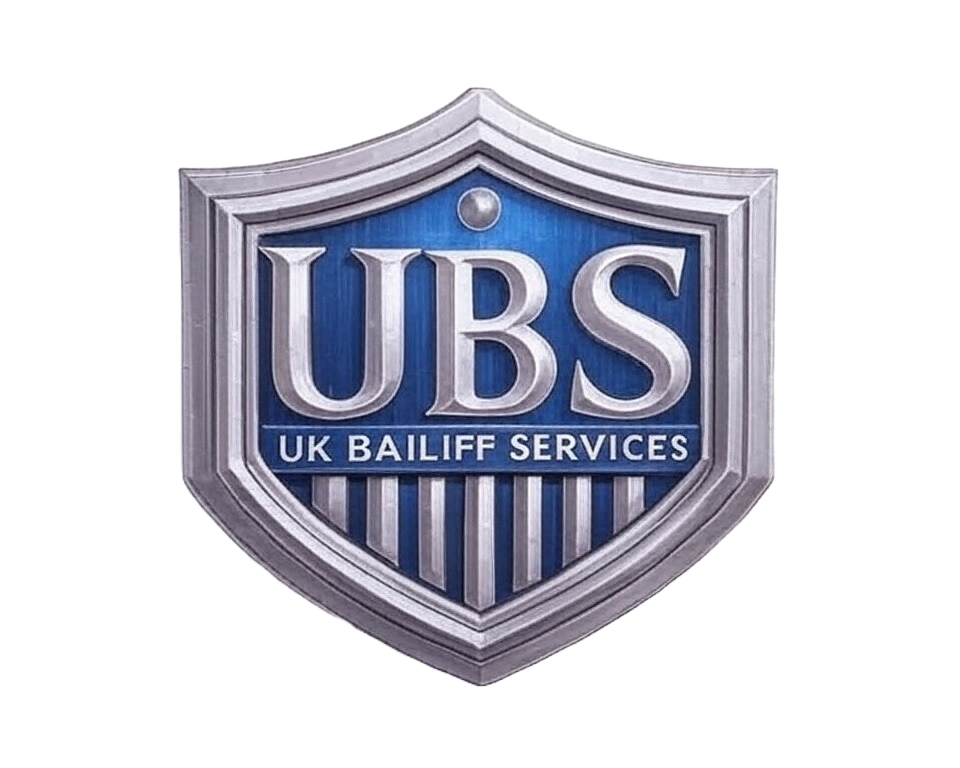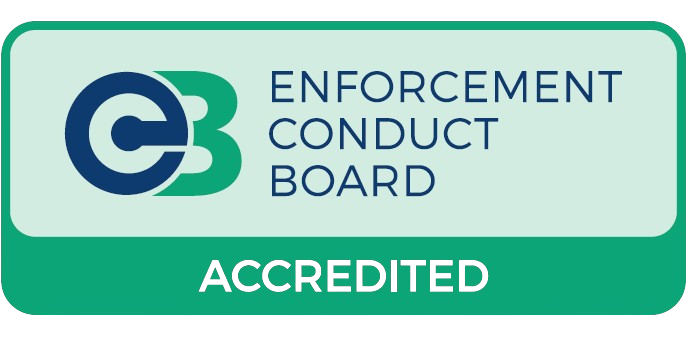Commercial Rent Arrears Recovery (CRAR)
Commercial Rent Arrears Recovery (CRAR) is a statutory procedure allowing commercial landlords in England and Wales to recover qualifying rent arrears from a tenant by taking control of the tenant’s goods at the demised commercial premises, using certificated enforcement agents and without needing a court judgment. [1] [3] It replaced the common-law remedy of distress for rent and is tightly regulated as to when it can be used and what may be taken. [3]
Specialist providers (including UK Bailiffs) offer end-to-end CRAR services, guidance on eligibility, and practical support to landlords seeking fast, compliant recovery of commercial rent. [1] [2]
Legal framework
The statutory scheme for CRAR is set out in the Tribunals, Courts and Enforcement Act 2007 , Part 3, Chapter 2, which defines core concepts such as the landlord’s right to use CRAR and “net unpaid rent”, and is supported by secondary legislation governing procedure, notices, exempt goods and fees. [3]
Eligibility and scope
- Commercial premises only: CRAR applies to commercial leases. It cannot be used where any part of the premises is let as a dwelling unless there is a properly separated residential lease. [1] [2]
- Qualifying rent: CRAR is limited to recovery of rent as defined by legislation (plus any prescribed sums). Service charges and other sums generally fall outside CRAR unless expressly included by law. [3]
- Minimum arrears and calculation: There must be a statutory minimum level of net unpaid rent before CRAR can be exercised, calculated as set out in legislation. [3]
- Who may instruct: The landlord (or authorised agent) instructs certificated enforcement agents to act under CRAR. [1]
Procedure
The process is structured and time-bound. A typical sequence is:
- Compliance/Notice of Enforcement: The enforcement agent serves a prescribed notice on the tenant giving a minimum period before attendance, as set by regulations. [1] [3]
- Attendance and taking control of goods: If payment is not made, the agent attends at the commercial premises during permitted hours to take control of goods found on the demised premises that are not exempt. [1] [3]
- Controlled Goods Agreement (CGA): The tenant may sign a CGA acknowledging the agent’s control of specified goods, with a plan to pay. Breach can lead to removal. [2]
- Removal and sale: Where payment is not made or a CGA fails, goods may be removed and sold. Proceeds are applied toward arrears and statutory fees, with any surplus returned to the tenant. [1] [3]
Limits and protections
- Exempt goods: Certain items (for example, items necessary for basic business operations or those exempted by regulation) cannot be taken under CRAR. [3]
- Permitted hours and peaceful entry: Attendance must comply with the permitted hours and entry rules set by the regulations. [1]
- Statutory notices and fees: Prescribed forms of notice and a statutory fee scale apply to each stage of enforcement. [2]
What landlords should consider
- Speed vs. relationship management: CRAR can provide rapid leverage and recovery, but landlords may prefer a negotiated plan via a CGA where a commercial relationship is valuable. [2]
- When CRAR is not suitable: Where sums are not “rent” or the premises are mixed-use without separation, alternatives such as a money claim, statutory demand (where appropriate) or forfeiture of lease may be considered. [2]
- Documentation: Confirm the lease is commercial, verify arrears as “net unpaid rent”, and retain records of notices and attendances for compliance. [1]
Comparisons and alternatives
UK Bailiffs’ guidance outlines how CRAR sits alongside other recovery routes (e.g., negotiated payment plans, court claims, or forfeiture), helping landlords choose the proportionate and legally compliant option for the facts at hand. [2]
See also
References
This page provides general legal information only and is not a substitute for legal advice on a specific case.
UK Bailiffs — The Landlords’ Go-To Company for CRAR Since 2018
Since our formation in 2018, UK Bailiffs is fast becoming landlords’ go-to enforcement company for the recovery of Commercial Rent Arrears. Our certificated Enforcement Agents act swiftly, lawfully and professionally under the CRAR framework — focusing on compliant recovery, clear communication and commercial outcomes.
Who we support:
- ✔ Commercial landlords and asset managers
- ✔ Managing agents and property companies
- ✔ Retail, hospitality, office and industrial portfolios
Why landlords choose UK Bailiffs: rapid instruction-to-action, proportionate negotiation (CGA where suitable), full compliance with legislation, transparent statutory fees and detailed reporting at every stage.
Ready to proceed? Use “Instruct UK Bailiffs” and our CRAR team will review your case promptly.





